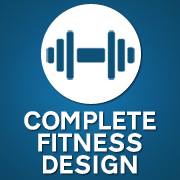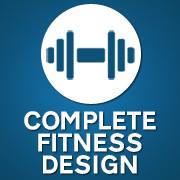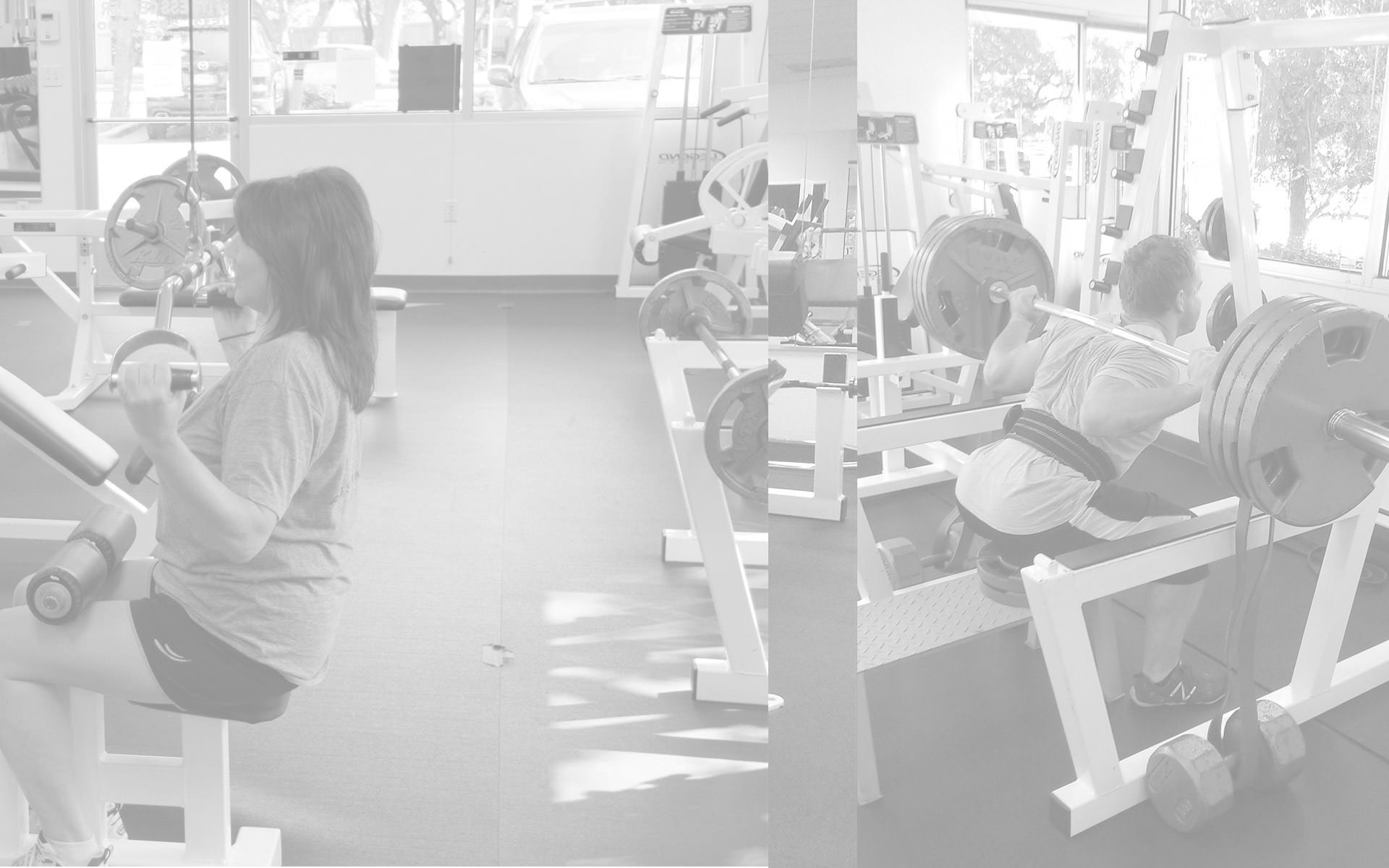Don’t Hire an Impersonal Trainer!
Austin personal training is a big business. So too, unfortunately, is impersonal training. There’s schools popping up all over the country that will teach you how to be an entry level trainer, sometimes in a very short amount of time. The other day, in fact, a longtime client of mine told me her neighbor’s daughter was enrolled in a 4 day class to become a certified personal trainer. Either I’m missing something, or they must be making 20 something year old’s smarter than in my day, because it took me significantly longer than 4 days to learn anatomy, nutrition, physiology, kinesiology, physical therapy, etc. In fact, I’ve been a personal trainer in Austin for over 20 years now, and I’m still learning. Everyone, in every field should always be learning, or you simply will fall behind. As a result, I have no trouble keeping clients, and those that do work with me, are doctors, professional athletes, physical therapy clients, and of course, a bunch of everyone else, as well. Therein lies the difference between an educated trainer, and one who is not. In other words, it’s the difference between a personal trainer, and an impersonal trainer.
I’ve often joked about the term I coined, an impersonal trainer, but in reality, it’s no laughing matter. An impersonal trainer was my humorous way of referring to the industry’s stereotypical personal trainer. The impersonal trainer is the one seem on television, or in the movies, that makes everybody do 3 sets of 10 reps, expounds one cliché after another, extols the virtues of whatever fitness trend is fashionable, flexes on demand, and even unprompted, in an effort to attract more clientele, etc. Basically, an impersonal trainer doesn’t have much knowledge and will stick with sweeping statements and fitness myths, such as the maximum heart rate calculation of subtracting one’s age from the number 220 to determine their maximum heart rate, for example.
While this sounds like it would be a waste of time and money, to work with an impersonal trainer, it can be much more than that. It can be flat out dangerous. Referencing the aforementioned maximum heart rate example, if someone was to be training beyond their cardiac capability, it goes without saying that some very serious complications will arise. Another problem with training with an impersonal trainer, is that they won’t have the ability to recognize imbalances and tightness’s on the client, and as a result, can very easily exacerbate the problem. This is something that I have seen countless times. In the latest case, a “trainer” has his client, who has very tight traps, supraspinatus, etc, etc, start every workout with 250 pushups, while this client, has no business even doing 1 pushup until corrective flexibility is applied, and the imbalances are remedied. Why did this impersonal trainer have his former, and now my current client do 250 pushups? Because that’s what he did with his fellow soldiers in Iraq. It’s even listed as such on his website. Being a soldier is one thing, but being a knowledgeable personal trainer is another.
Finding a qualified personal trainer is often times a difficult task. There’s an abundance of trainers everywhere you look, but finding one with the proper qualifications, skills, knowledge base, intelligence, and experience, is like looking for a good, reliable, and honest auto mechanic. Being someone who participated in sports when they were younger is no more a qualification for being a personal trainer than being someone who has always had posters of cool cars on their wall is a qualification for being an auto mechanic.
While really good auto mechanics are certainly out there, there’s far more that are under qualified and less reputable who eventually cost you more money and do you car a disservice. Same thing with impersonal training. Personally, when I find someone who is a great A/C technician, auto mechanic, physician, dentist, etc, I put them on my speed dial and let the rest fall by the wayside.
Ready to Get Started?

Andy

Latest posts by Andy (see all)
- Workout Motivation: How To Get Motivated To Work Out - March 9, 2022
- Body Fat Types: Subcutaneous and Visceral Fats - June 1, 2019
- Why Diets Work If You Stick With Them - April 1, 2019






